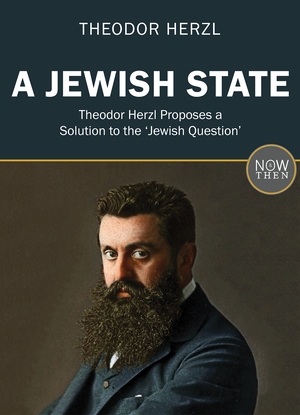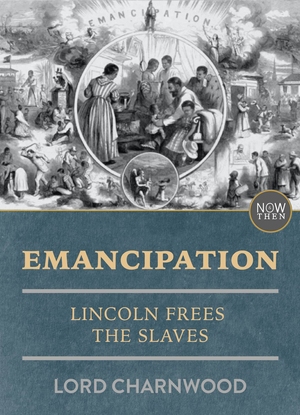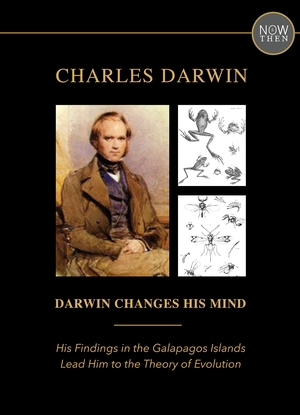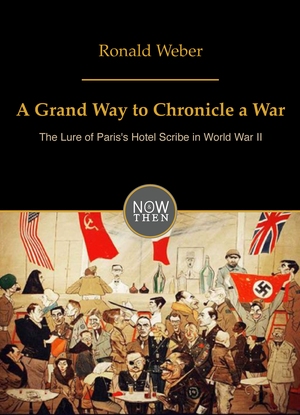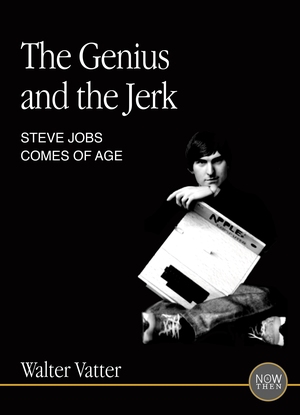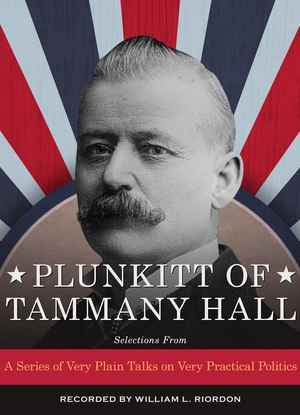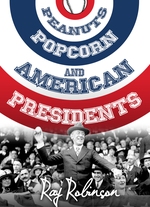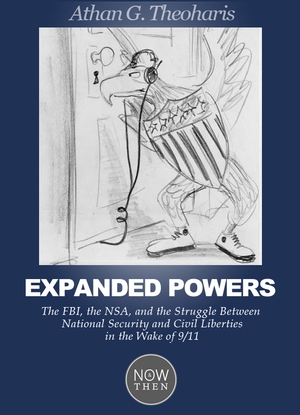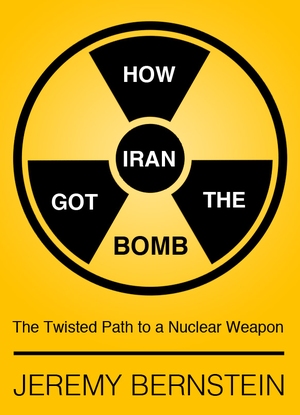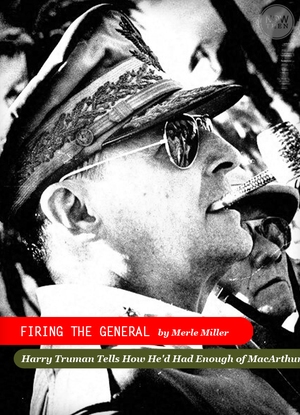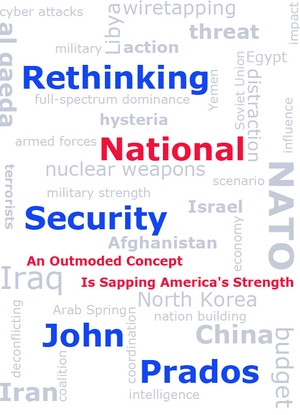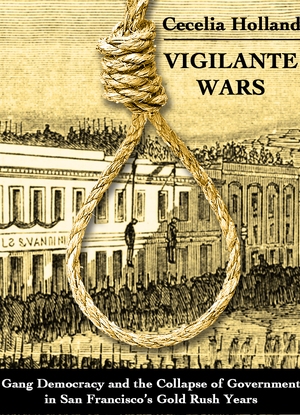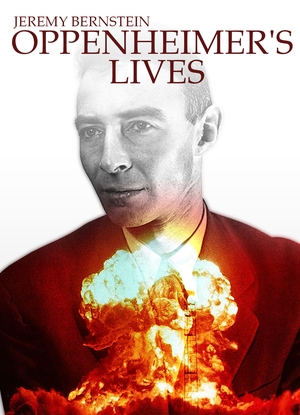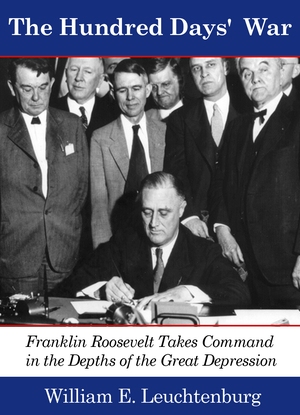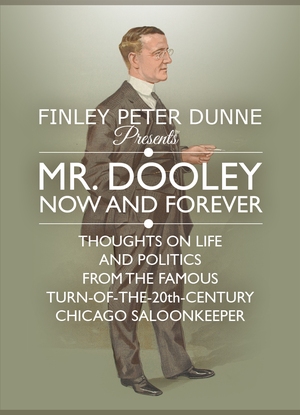U.S. Government Titles
Browse our U.S. Government titles listed below.
The FBI, the NSA, and the Struggle Between National Security and Civil Liberties in the Wake of 9/11
by Athan G. Theoharis
United States History, American History, U.S. History, U.S. GovernmentAthan Theoharis considers the record of the past to assess today’s broadened powers for the FBI and the NSA after 9/11. He concludes that Americans may feel marginally safer, but at a dangerous cost to their freedoms and to the tenor of our political dialogue.
The Twisted Path to a Nuclear Weapon
by Jeremy Bernstein
United States History, Political Science, European History, Military History, American History, U.S. History, U.S. GovernmentJeremy Bernstein traces the circuitous route by which Iran secured the expertise to develop a nuclear capability. Since Iran’s program appears to be aimed at weapons production, he concludes, the time of decision for action is fast approaching.
Harry Truman Tells How He'd Had Enough of MacArthur
by Merle Miller
United States History, Military History, American History, U.S. History, U.S. GovernmentNo episode in the Truman years caused a greater uproar than his firing of Gen. Douglas MacArthur during the Korean War. MacArthur wanted to expand the war; Truman sought a limited conflict. The always candid former president explains what happened.
An Outmoded Concept Is Sapping America's Strength
by John Prados
United States History, Political Science, Military History, American History, U.S. History, U.S. Government, EssaysThe distinguished historian John Prados calls for a total rethinking of our expansive concept of national security. If we fail to make hard decisions about existential threats, he concludes, we will find ourselves in a death spiral as a nation.
Gang Democracy and the Collapse of Government in San Francisco's Gold Rush Years
by Cecelia Holland
United States History, American History, U.S. History, U.S. GovernmentThe 1849 Gold Rush in California brought to a boiling point the new state’s unruly politics and produced mob rule in the muddy streets of San Francisco. Cecelia Holland’s compelling account of these events reveals a disturbing underside of democratic government in a nation headed for civil war.
Reflections on the Father of the Atomic Bomb
by Jeremy Bernstein
United States History, Military History, American History, U.S. History, U.S. Government, Biography, BiographyJeremy Bernstein remembers the “father” of the atomic bomb—a man unsure of his identity and scarred by the famous government hearing that took away his security clearance.
Franklin Roosevelt Takes Command in the Depths of the Great Depression
by William E. Leuchtenburg
United States History, Political Science, American History, U.S. History, U.S. Government, EssaysWhen Franklin Roosevelt came to the White House, 13 million—roughly 25 percent of the work force—were unemployed. By the day of his inauguration, thirty-eight states had closed their banks. Soon the nation would witness the most furious period of legislative activity in American history.
Thoughts on Life and Politics from the Famous Turn-of-the-20th-Century Chicago Saloonkeeper
by Finley Peter Dunne
United States History, Political Science, American History, U.S. History, U.S. GovernmentMr. Dooley, a turn-of-the-20th-century Irish saloonkeeper from Chicago’s Archer Avenue (“Ar-rchey Road,” he called it) on the city’s southwest side, was the creation of Finley Peter Dunne, a Chicago newspaperman. Mr. Dooley analyzed world affairs for the equally fictitious Mr. Hennessey, and his opinions went out to the real press and the reading public. They are current—and funny. The problems confronting America a hundred years ago are among those that remain unsolved today.
